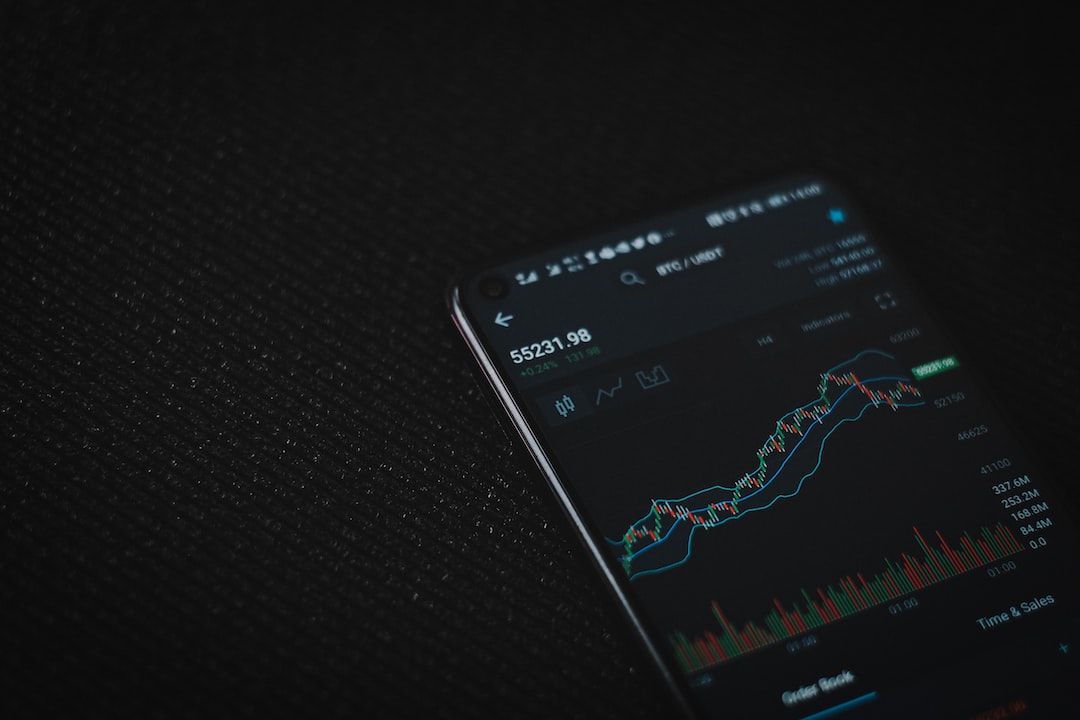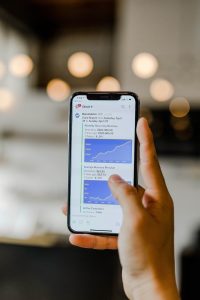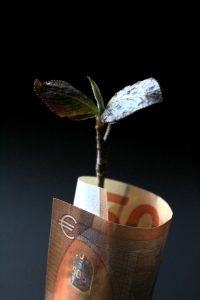Hedge funds are alternative investment vehicles that use various trading strategies to generate returns for their investors. Forex trading is one of the strategies that hedge funds use to diversify their portfolio and enhance their returns. In this article, we will explain how hedge funds trade forex and the factors that influence their trading decisions.
Forex trading is the buying and selling of currencies in the foreign exchange market. The forex market is the largest financial market in the world, with an average daily trading volume of $5 trillion. The forex market operates 24 hours a day, five days a week, and is accessible to traders from all over the world. The forex market is highly liquid, meaning that traders can buy and sell currencies at any time at the prevailing market price.
Hedge funds that trade forex use a variety of trading strategies, including technical analysis, fundamental analysis, and quantitative analysis. Technical analysis involves studying price charts and using various indicators to identify trends and patterns in the market. Fundamental analysis involves analyzing economic and political events that may affect the value of currencies. Quantitative analysis involves using mathematical models to identify trading opportunities.
Hedge funds that trade forex also use leverage, which allows them to control a large position with a small amount of capital. Forex brokers offer leverage ratios of up to 100:1, which means that a trader can control a position worth $100,000 with a margin deposit of $1,000. Leverage magnifies both profits and losses, so it is important for hedge funds to manage their risk carefully.
Hedge funds that trade forex also use various order types, including market orders, limit orders, stop-loss orders, and trailing stop orders. Market orders are executed at the prevailing market price, while limit orders are executed at a specified price or better. Stop-loss orders are used to limit losses by automatically closing a position if the price moves against the trader. Trailing stop orders are used to lock in profits by automatically adjusting the stop-loss order as the price moves in favor of the trader.
Hedge funds that trade forex also use various trading platforms, including MetaTrader 4, cTrader, and NinjaTrader. These platforms provide access to real-time market data, order execution, and technical analysis tools. Hedge funds also use third-party software, such as algorithmic trading programs, to automate their trading strategies and improve their efficiency.
The factors that influence the trading decisions of hedge funds that trade forex include economic indicators, central bank policies, geopolitical events, and market sentiment. Economic indicators, such as GDP, inflation, and employment data, provide insight into the health of an economy and can affect the value of its currency. Central bank policies, such as interest rate decisions and quantitative easing programs, can also affect the value of currencies. Geopolitical events, such as wars and natural disasters, can create volatility in the forex market. Market sentiment, or the overall attitude of traders towards a currency, can also affect its value.
In conclusion, hedge funds that trade forex use various trading strategies, leverage, order types, trading platforms, and software to generate returns for their investors. Forex trading is a highly liquid and volatile market that requires careful risk management and analysis of economic and political events. Hedge funds that trade forex must also stay up-to-date with market sentiment and adapt their trading strategies accordingly.






